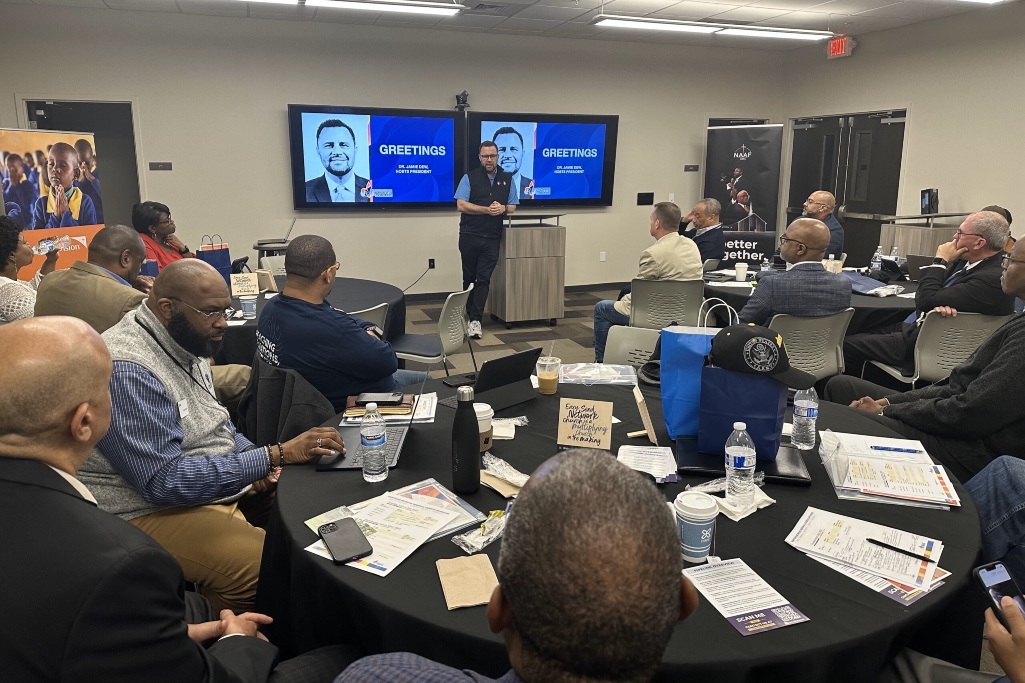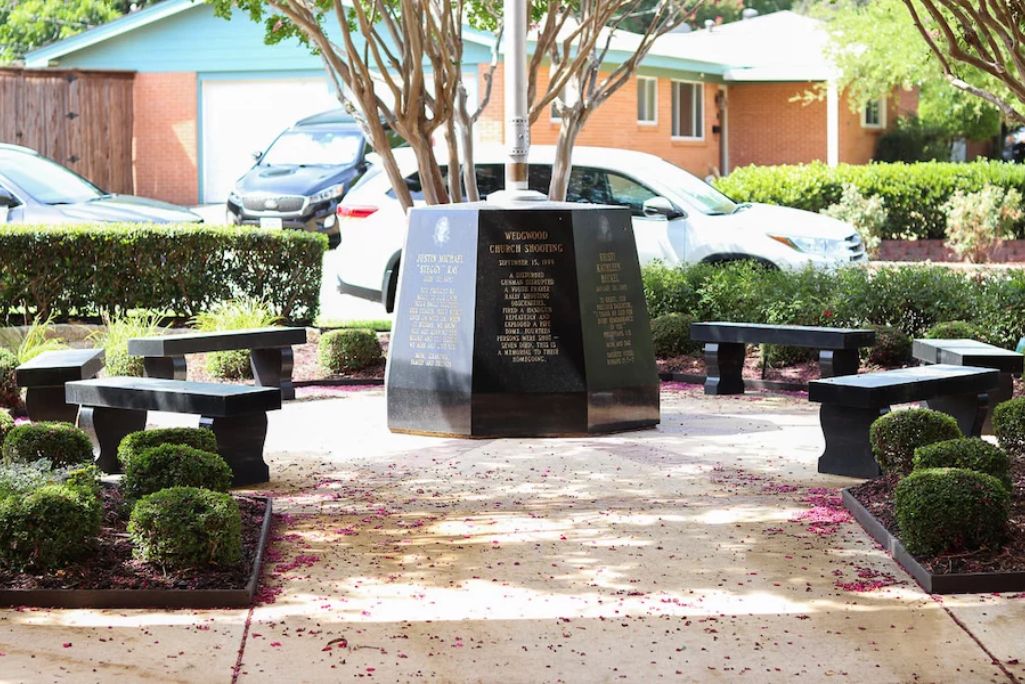
National prayer conference to focus on spiritual awakening, Great Commission
By Jayson Larson, Southern Baptist TEXAN
FORT WORTH (BP) – “The ministry of prayer,” E.M. Bounds once wrote, “ … is a ministry of ardor, a ministry of unwearied and intense longing after God and after His holiness.”
Continuing to encourage churches and leaders toward that passionate pursuit is the chief aim of the Awakening National Prayer Conference scheduled for April 18 at Southwestern Baptist Theological Seminary.
“The Awakening National Prayer Conference at Southwestern Seminary will be a day set aside to focus on the extraordinary power of prayer,” said Kie Bowman, SBC national director of prayer.
Featuring speakers who have “all experienced significant encounters with God as a direct result of prayer,” Bowman says the conference will focus on prayer for spiritual awakening and the fulfillment of the Great Commission. “I encourage pastors to bring their teams to learn and grow in the power of prayer,” he said.
The conference, a collaboration between SWBTS and the Southern Baptists of Texas Convention, will feature some of the country’s most influential prayer leaders:
- Julio Arriola, director of Send Network SBTC, a church planting partnership between the SBTC and the North American Mission Board
- Kie Bowman, national director of prayer for the Southern Baptist Convention
- Bill Elliff, founder and national engage pastor for The Summit Church in Little Rock, Ark.
- Ronnie Floyd, author and senior pastor emeritus of Cross Church in Springdale, Ark.
- Steve Gaines, senior pastor of Bellevue Baptist Church in Cordova, Tenn., and his wife, Donna
- Robby Gallaty, senior pastor of Long Hollow Church in Hendersonville, Tenn.
- Todd Kaunitz, lead pastor of New Beginnings Baptist Church in Longview, Texas
- Nathan Lino, senior pastor of First Baptist Church in Forney, Texas
- Nathan Lorick, SBTC executive director
“The SBTC has made prayer a priority for many years,” Lorick said. “It’s a joy to come alongside Southwestern Baptist Theological Seminary and prayer leaders to spend a day diving deep on developing a culture of prayer.”
The conference will include a pair of lunch sessions: Elliff will facilitate a panel discussion with Kaunitz and Lino on the role of prayer in life, ministry, the church and revival. Donna Gaines will lead a women’s prayer lunch. The conference will also feature times of worship, prayer and sermons.
“I encourage pastors to bring their teams to learn and grow in the power of prayer,” Bowman said.
For more information or to register, visit sbtexas.com/event/awakening-national-prayer-conference/.
Are the people in your pews good theologians? A conversation with Malcolm Yarnell
By Marissa Postell Sullivan
BRENTWOOD, Tenn. – As part of the royal priesthood of believers, theology is for all Christians – not just those teaching in the academy or serving in vocational ministry. It’s the call and privilege of every believer to know, love, and worship God. But how do we help the people in our pews see themselves as theologians? And how can we equip them to think rightly about God so their knowledge of God will lead them in greater love for God?
In his book “God,” theologian and author Malcolm B. Yarnell seeks to make theology accessible to the common churchgoer. “God” is the first volume of a three-part series from B&H Publishing Group entitled Theology for Every Person.
The book explores questions concerning God’s existence, His divine nature, His Persons and His attributes. But ultimately, Yarnell hopes the book helps Christians take their next step in knowing God so they can love Him and experience Him. Here’s a look at a recent conversation with Yarnell on how pastors can help shape churchgoers into good theologians.
Why do you believe theology is for every person?
Malcolm Yarnell: Theology is talking, thinking, or speaking about God. “Theo logos” means thought or word about God. So, if you believe in God, that automatically makes you a theologian. Even those who are atheists – against God – are theologians. They’re just really bad ones.
Christians know God has called us to personal faith in Jesus Christ as Lord. And because it’s personal, that means it’s for people. It is for every person. The doctrine of the priesthood of all believers is that all Christians are called to serve the Lord. And that includes knowing God’s Word, believing God’s Word and living out of God’s Word. If we’re going to obey God’s call to personal faith and obedience within the Christian life, we have to know what that means. And that makes all of us theologians.
Practically, what does it mean that theology is for everyone?
Yarnell: The greatest commandment is this: that you shall love the Lord your God with all your heart, soul, mind, and strength (paraphrasing Mark 12:30). We have to use our minds. We’re doing theology when we attend a worship service. We’re doing theology when we pray. And we’re doing theology when we witness. Theology is trying to understand in your own mind who God is so you can love Him with everything you are.
You don’t have to go to seminary to be a theologian. You have to hear the Word of God and respond to it with faith. If we’re going to love God, worship God, and obey God, we need to know who He is, who we are in relation to God, and how that relationship works. That’s what theology entails. And that means, if you’re a Christian, you already are a theologian.
Why should churchgoers study who God is and be concerned with what God does?
Yarnell: We all have the crisis of knowing we’re sinners and need to have a right relationship with God. And all people know by the truth of their own conscience that each of us will have to stand before God and give an account of our lives. That ought to drive us toward knowing who God is and what God is doing. Knowing who God is, is important because we need to worship Him. And if we are going to worship God truly, we have to identify the true God.
How would you help a church member understand how their study of God impacts their everyday life?
Yarnell: Our people have lots of questions – difficult questions, life-shaping questions. Often, we could give them an easy answer, and we need to give them answers. But the best thing I can often do for people in the long term is not just answer their questions but show them how they can get the answers for themselves from Scripture. This will make them happier as believers. It will also help them become witnesses to Jesus Christ in this world.


